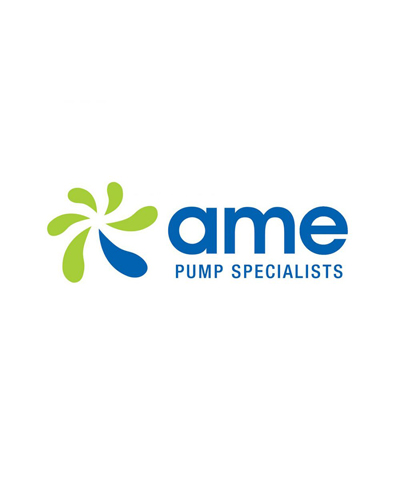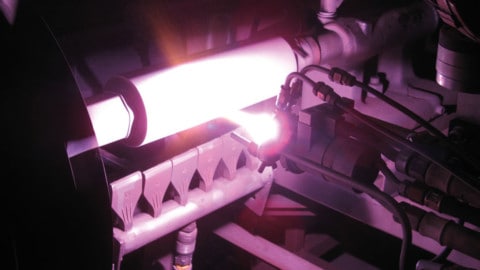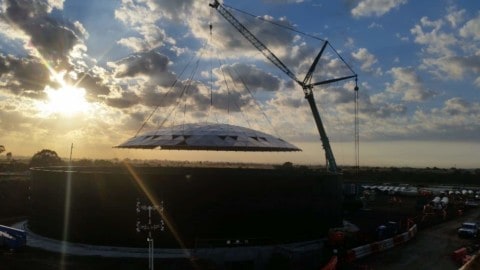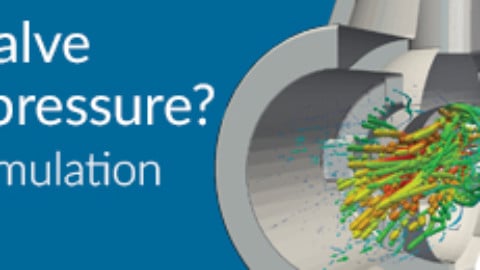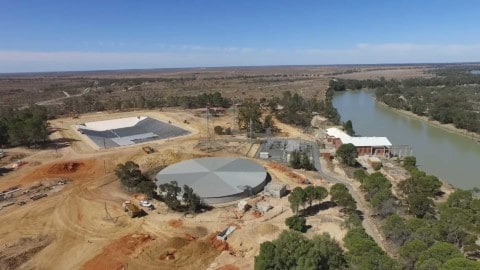Three Hunter Water pump stations in NSW have temporarily closed until NSW Health approves them as safe to use after contamination from RAAF firefighting foam.
Hunter Water estimates it has indefinitely lost access to 1.5billion litres of water due to the RAAF’s use of firefighting foam containing chemicals PFOS and PFOA and their contamination of parts of the Tomago Sandbeds.
The three pump stations are located inside the EPA’s investigation zone of the Tomago Sandbeds and Hunter Water has embargoed their use.
Hunter Water has a process that involves sampling water at multiple points when drawing from the Sandbeds and has previously never detected PFOS or PFOA in any bore feeding water into the network.
However, the locations of the pump stations inside the investigation zone are considered to be at risk of contamination based on current information.
The 1.5gigalitres of drinking water embargoed represents 2 per cent of the total water available to Hunter Water across the region, or 10 per cent of the water within the Tomago Sandbeds.
Hunter Water Interim CEO, Jeremy Bath, said the Department of Defence must move quickly to remediate the contamination of the Tomago Sandbeds.
“In the short term the loss of the water from the 3 embargoed pump stations doesn’t threaten our ability to manage a drought. In the longer term however the loss of more than 2 per cent of our total available water supply will bring forward by several years the need to expand our water supply. The cost of this would likely be in the tens of millions of dollars,” Mr Bath said.
“Hunter Water expects the Department of Defence to remediate the Tomago Sandbeds as a priority. We want and need access to the 1.5 billion litres of water currently quarantined inside the Investigation Zone.
Hunter Water has put its claim directly to the Department of Defence as well as formally via the EPA.
Mr Bath said the claim makes clear that the Department of Defence should develop a remediation plan for the Tomago Sandbeds and considers additional remediation offsite. All costs for this remediation are the responsibility of the Department of Defence.
“If ultimately the Department of Defence is unable to clean up the pollution it has caused then Hunter Water will seek financial compensation for the loss of access to billions of litres of water and the cost of bringing forward the design and construction of our next water source,” Mr Bath said.
Next year will be 100 years since Hunter Water was assigned as a trustee of 25km2 of the Sandbeds.
Today the Sandbeds has a catchment of 109km2, and acts as an emergency supply of water should the region experience a drought or lose temporary access to water sourced from Grahamstown Dam.


